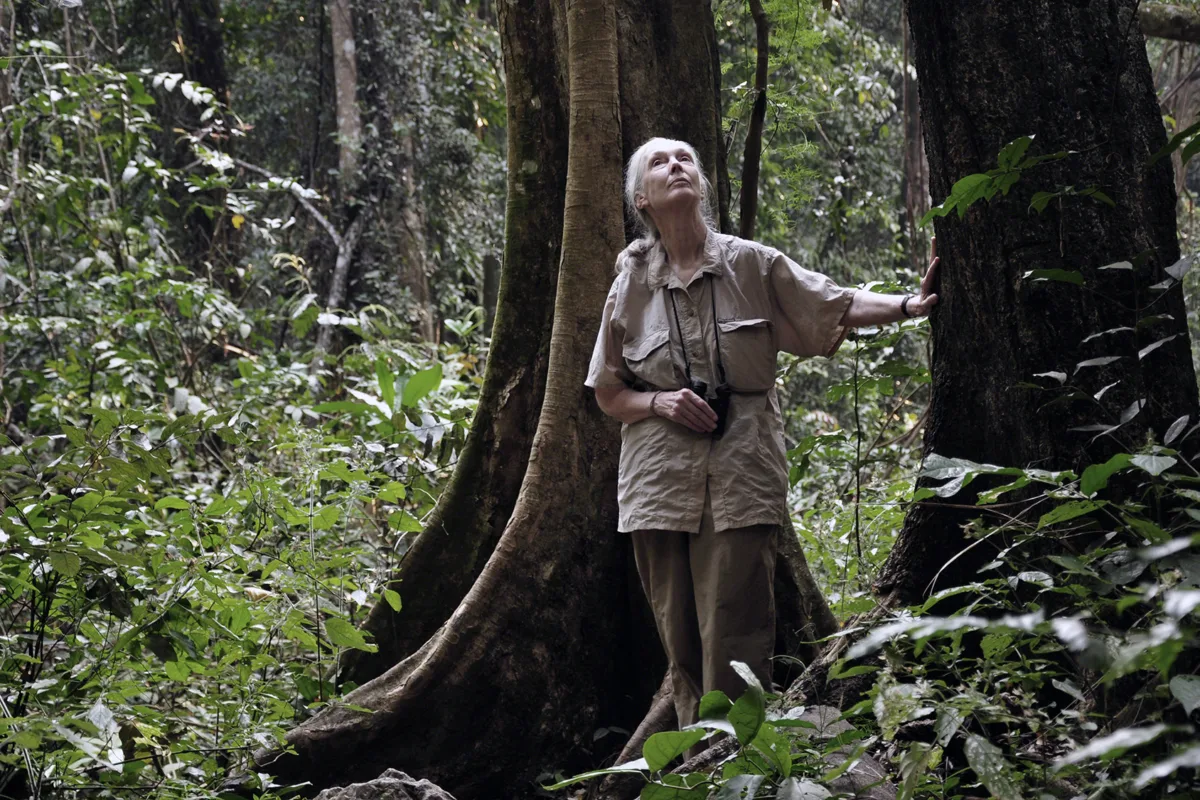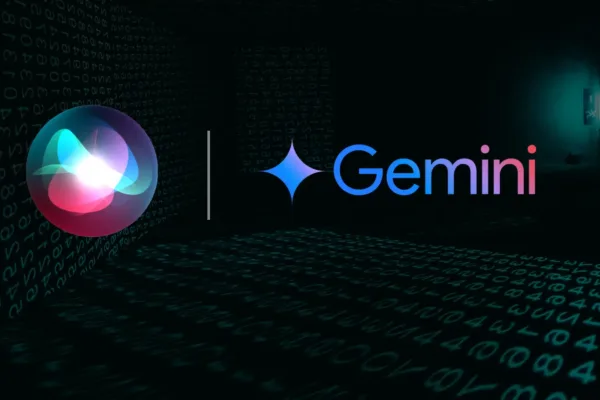Amazon Web Services (AWS) has committed US$1 million to digitize more than six decades’ worth of primate research from the Jane Goodall Institute (JGI), marking a major move to preserve one of the world’s most important scientific archives through cloud and AI technologies.
The investment, made through the AWS Generative AI Innovation Fund, will support the conversion of handwritten field notes, analog films, and observational data into a fully searchable digital repository.
The initiative will rely on multimodal large language models running on Amazon Bedrock and Amazon SageMaker, enabling global researchers to access and analyze the dataset for the first time.
Preserving 65 years of scientific data
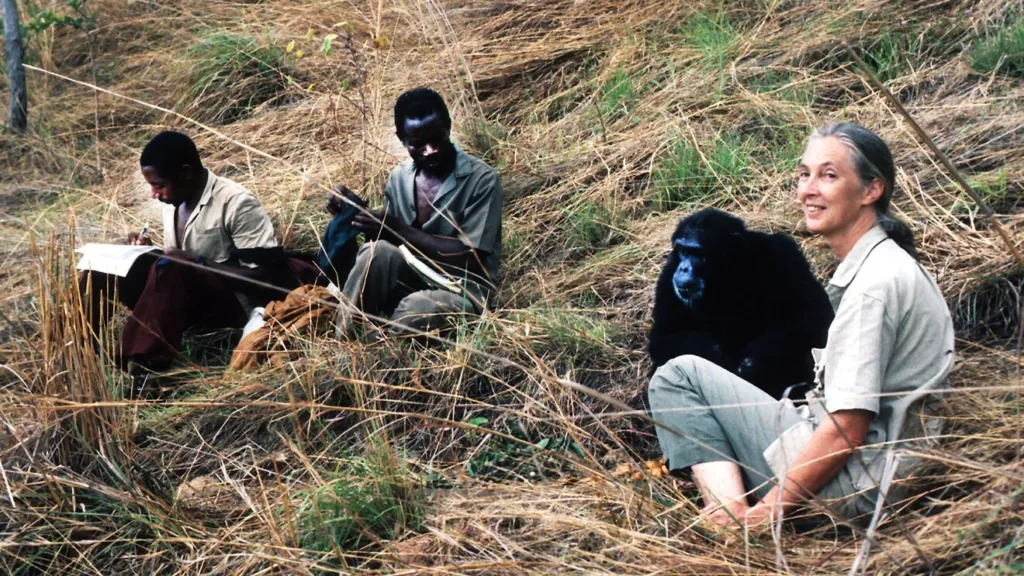
Since 1960, Dr. Jane Goodall and JGI field researchers have recorded behavior, social structures, and ecological patterns of chimpanzees and baboons across thousands of pages of handwritten logs and hours of analog film. Much of this content remains vulnerable to deterioration, with limited accessibility for scientists worldwide.
AWS’s funding will accelerate JGI’s digital transformation, supporting both the technical work and personnel needed to manage the AI-driven archiving effort.
“AWS is proud to commit US$1 million to support the Jane Goodall Institute’s groundbreaking digital transformation,” said Taimur Rashid, managing director of the AWS Generative AI Innovation Center. “By applying multimodal models through Amazon Bedrock and SageMaker, we’re unlocking new possibilities for analyzing decades of handwritten notes and video records.”
Turning analog records into a modern research platform
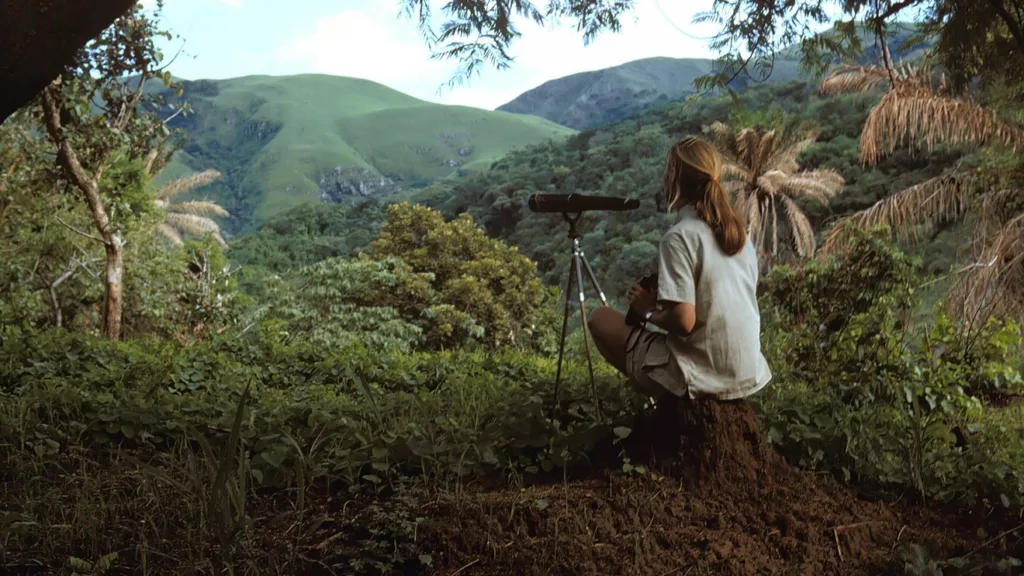
AWS will work alongside Ode, a research and conservation-focused design firm that will build the user experience for the new data ecosystem. The partners aim to help JGI deploy generative and agentic AI tools to expand access to the institute’s scientific work.
Dr. Lilian Pintea, vice president of conservation science at JGI-USA, said the initiative will be instrumental in scaling the organization’s mission. “By unlocking these archives with AI technologies, we will amplify JGI’s mission and create a digital legacy that ensures Dr. Goodall’s pioneering work continues to guide future generations.”
Project rollout: From digitization to an AI-powered research hub
The project builds on a proof-of-concept developed previously with the AWS Generative AI Innovation Center and will progress in phases:
1. Digitizing field notes and historic footage
The first phase will focus on converting a six-year backlog of handwritten chimpanzee records and related baboon research into a structured digital format. Historic video and film documentation, some dating back to Dr. Goodall’s first years in Gombe National Park, will also be preserved and digitized.
2. Creating a unified, AI-enabled data platform
JGI’s databases will be migrated to AWS’s cloud, where multimodal datasets — including satellite imagery, GIS files, historical notes, soundscapes, and video — will be integrated into a centralized research platform.
AI-powered tools will allow researchers to use natural language queries to locate and analyze specific behaviors, events, or patterns across decades of observations.
The platform will eventually support an online portal enabling global scientists to cross-reference datasets and conduct new research at scale.
Advancing conservation through AI
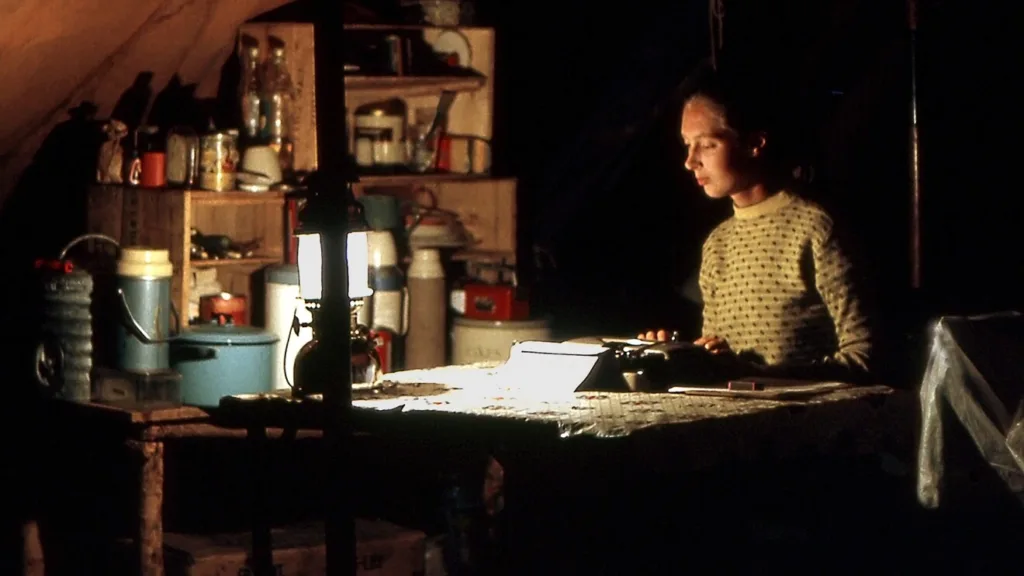
For AWS, the project highlights how emerging AI tools can drive impact beyond commercial applications, particularly in scientific and environmental fields. The company positions the initiative as part of its broader AI for Good initiatives.
More information about AWS programs supporting global conservation and humanitarian initiatives is available through the AWS Impact page.




